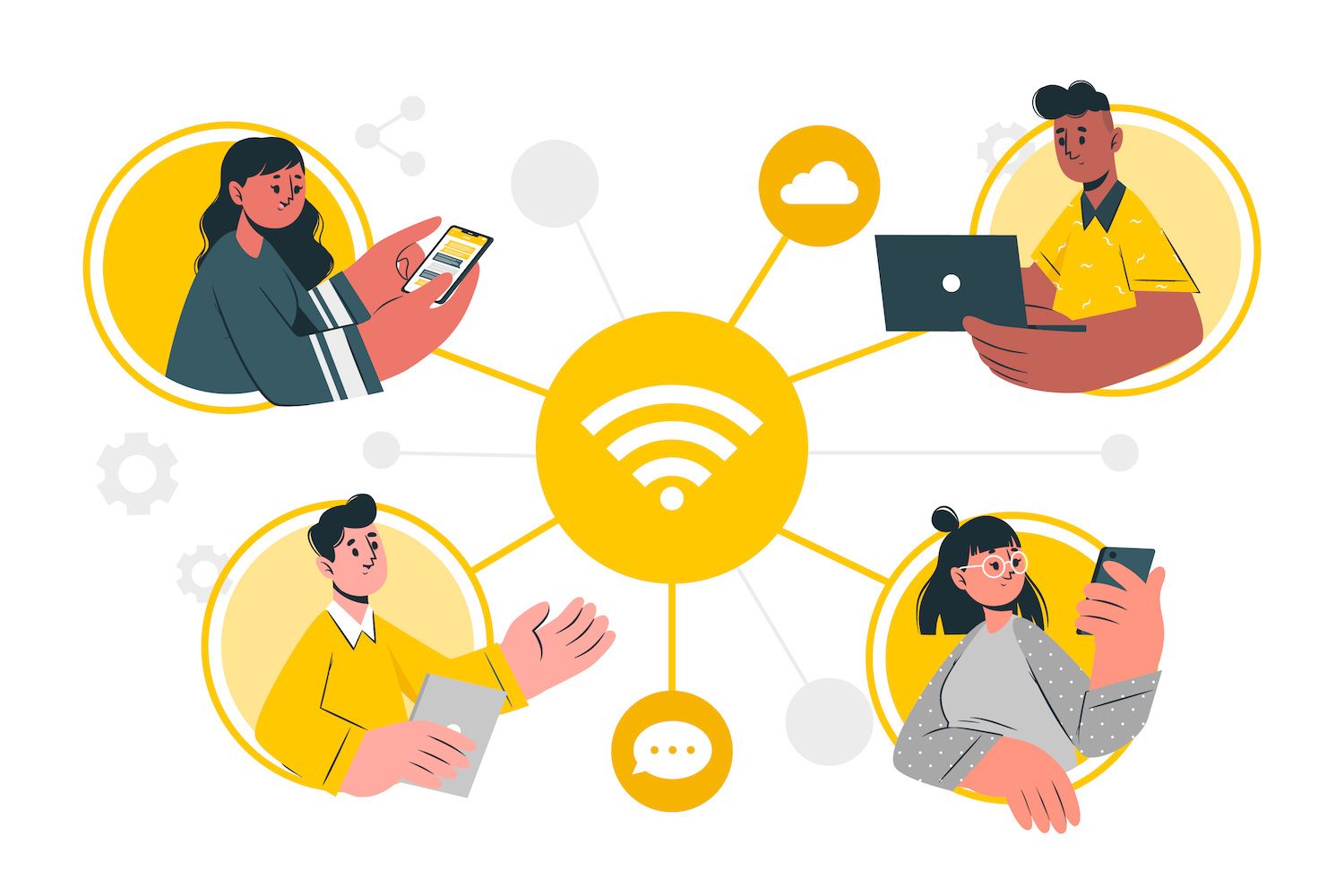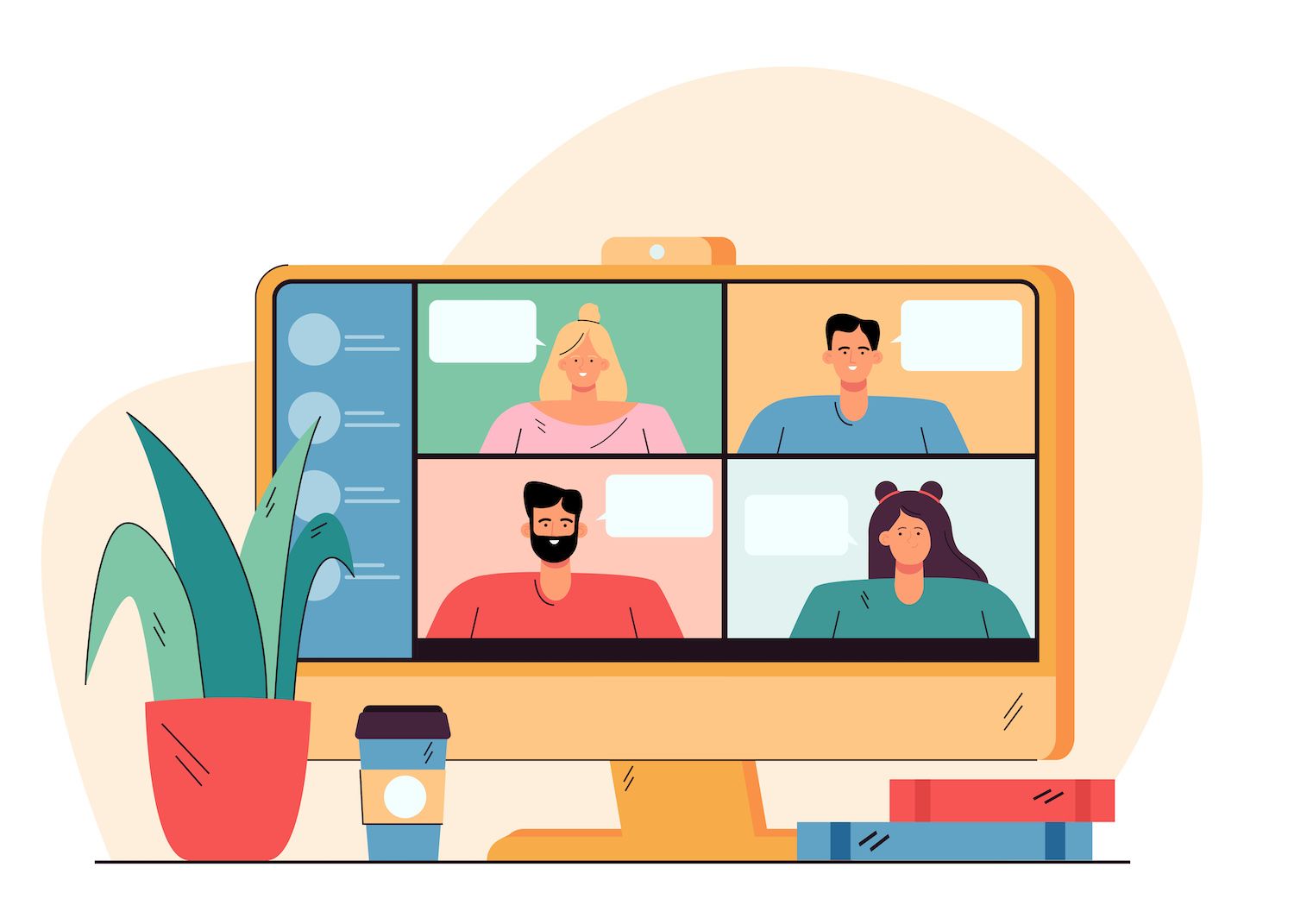How do you sell a mobile App or Game outside App Stores -
Thank you to Tony Markov for contributing to this article!
If you're not sure how to sell an app directly to consumers (D2C) in addition to app stores (or if you're seeking a different method to make money from your game or mobile app and game, you might be wondering what alternatives you can choose from.
Steep fees from platforms like the Apple App Store and Google Play can understandably make it difficult for game developers and developers to think beyond the simplicity and ease of traditional marketplaces for app apps, but restrictions from the platforms make it more difficult.
In the meantime, as a result of current court cases as well as the creation of new rules and laws The mobile world is evolving.
There are more choices than you initially thought, but where do you begin?
In this post will cover:
- The current practices of the app store and prices.
- Different tools that you could make use of to earn money from apps and games outside apps stores.
- Highlights of recent U.S. and European legal reports that could influence game sales and app revenue.
How mobile App Stores Function Currently
The app store accounts for 99percent of the markets for mobile operating systems share worldwide, Android with the Google Play Store as well as iOS through the App Store of Apple have enjoyed an advantage over mobile app distribution and e-commerce for mobile apps worldwide. As these markets begin to expand but it's essential to comprehend the model that app stores have traditionally worked with.
On the plus side, as major app stores are used by basically every human in the world with a mobile phone, the potential to draw new customers to your application or who play your game is unrivaled. App stores also provide a simple and easy way for customers to download and purchase new applications and purchases using a platform they already trust, and using payment methods that they've saved to their account.
App stores also allow app developers to market their apps. They also manage important transaction factors such as various payment options and currencies, as well as fraud, tech support related to the transaction, as well as collecting and paying sales tax.
However, this ease of use comes at a high cost for the developers.
The Downsides of Monetizing via Major App Stores
If your app or game can be accepted by the gatekeepers for the mobile app store initially The complete absence of competition means that fees for sales through iOS as well as Google Play app stores are extremely high, usually at least 30%..
These fees are also applicable for in-game purchases too. That means, regardless of whether you decide to release a free app and then monetize it through online purchases, your users as well as users are charged hefty fees to the app stores.
Transferring the Feesor the savings -- to Consumers
A few apps are starting to make it clear that at least a portion of their high-cost app store charges will be passed directly to customers, however there are alternatives at lower cost in place.
Otter's 2023 Pro Pricing Updates
Otter updated its pricing policies at the mid-point of 2023. price changes for packages coming to effect on August 20, 2023..

There was a noteworthy Pro choice: Paying for a yearly subscription via Apple App Store or Google Play Store will cost users additional $10, increasing the price by about 8% between $119.99 up to $129.99 USD.
To explain how users could avoid paying this fee, Otter placed a green "Tip" box below the Otter Pro pricing grid, letting users know they can "Learn how to change their Apple App Store or Google Play Store subscription to Otter via Web ."

To address this pricing discrepancy in more detail, read the FAQ section located at the lower left of the announcement page states the higher price via the app store "reflects the extra charges needed for hosting the Otter.ai subscriptions in both Apple as well as Google's storefronts for apps."
It goes on to explicitly recommend users cancel their current Apple App Store or Google Play Store subscriptions and sign up again on Otter's website..
The Increasing Trend in the Purchase of Video Game Accounts by Users
Similar to Otter Many game application developers are offering discounted prices to users if they purchase from outside the app through an external account connected to the application.
Developers are able to advertise this kind of deals and user accounts on their websites.

App devs make it easy for a user to sign-up by using the app on the phone, then pressing a button to create an account for the user, then completing registration.
It is then possible for users to make purchases from the developer's site directly, at a price much lower prices than when they make the same purchase through the application. (More on user accounts below.)
KrfzTXoXoRIkgtDGvQsi
The App Store's List of Developers Selling D2C Will Grow
Although there are many advantages to selling games and apps through apps and games through iOS App Store and Google Play, the downsides on pricing as well as the restrictions on distribution of games mean that, as court cases continue and new rules open the markets, more and more developers will be wondering whether they could implement a D2C approach for their application or game.
How to sell Apps outside App Stores
However, the Otter app cannot be available for download via the Apple App Store, or Google Play Store -- and Otter charges a more expensive rate if you are paying annually for their Pro subscription using those stores -- there's still a lower-cost option for their users: Downloading the app from one of the stores, and then paying for their service on Otter's own website with a different payment service supplier.
This is a good example of the distinction between the distribution of an app through the app marketplace, or monetizing an app via app marketplaces.
Even if downloads of your application belong to proprietary stores, that isn't a guarantee that this is the sole way users can pay for the features or services you offer.
Here are some key things to consider when setting up your own revenue-generating option, outside of major app marketplaces.
Choose a Payment Service
There are a variety of options available to pay for payments through payment service providers (PSP) and merchants of record (MoR) available that you can set up for accepting payments outside of the app stores that have device capabilities.
However, there's a major differentiator between payment services providers and merchants of record.
A PSP helps businesses sell their products through the specific solutions and connections required to make it happen (such as connecting payments processors, payment gateways as well as a merchant account).
An MoR like does all that and takes on important responsibilities including ensuring card brand rules, regulatory guidelines in various countries as well as risk, sales taxes as well as VAT, and much more. This includes the calculation, collection and remitting taxes.
Why not just pick an even lower-cost solution Like Stripe?
Stripe offers multiple upgrade options to help fill in those gap, however each upgrade is going to raise the cost.
Users Accounts
To connect purchases between your own checkout option as well as your app downloaded via an app marketplace, you'll likely require some sort of user account system for users to monitor their purchases and receive in-app credit for purchase.
Users' accounts allow them to buy items from those on the App Store as well as the Play Store, then sign into the app to see the purchase credited there.
If you're a customer of ours , we also provide consumer support to users -- so if there are any problems regarding their purchase or purchasing account, we'll on hand to help.
Purchases tied to users accounts are often in the form of in-app currency or subscriptions.
In-App and In-Game Currency
For monetizing your app with the in-game or in-app currency, the currency is purchased using real money on your site, and is then used within your app to purchase products such as features, items, etc.
For many app games, the apps use an in-game currency like gems, coins, gold, or a distinct fictional currency that players can redeem for bonuses within the game. It is usually bought in a variety of packages including web-exclusive prices if users leave the app and buy straight from the game developer's site.
Subscriptions
Rather than individual purchases as required, it may be more beneficial to offer access to your app (or the premium features and services) via a subscription, typically available either monthly or annually.
In addition to a no-cost option, Otter's packages are available for yearly or monthly subscriptions.

Items and Upgrades
Upgrades and items are another packaging option for monetizing your app. These can be independent of other options like subscriptions and in-app currency, or they can work in tandem with them.
The case is Otter offering the free version of their service (either on the web or through their mobile app), upgrades such as additional transcription time as well as team collaboration and more advanced export options incentivize users to subscribe to the Business and Pro packages.
When it comes to gaming apps, the possibilities are almost endless with exclusive items, characters, power-ups, and more that can encourage users to purchase through the web site and use in the app.

Legal News Re: App sales and monetization
If you're not familiar with the ongoing and recent legal issues that may affect the both Google and Apple's stores in some manner There have been quite many across the U.S. and Europe alone.
The Digital Marketing Act (DMA)
Epic Games' Lawsuits
Following the incident, Epic Games used discounts to encourage Fortnight users to use discounts, and encourage Fortnight users to make use of another payment option rather than the app marketplaces and Google, both Apple as well as Google subsequently removed Fortnight from their stores in the year 2020. Epic Games then separately sued both Apple as well as Google.
In the Google case, appeals also are ongoing, but an appeals court decision in December 2023 found in favor of Epic on all counts.
State-Led Cassettes
Partner With

